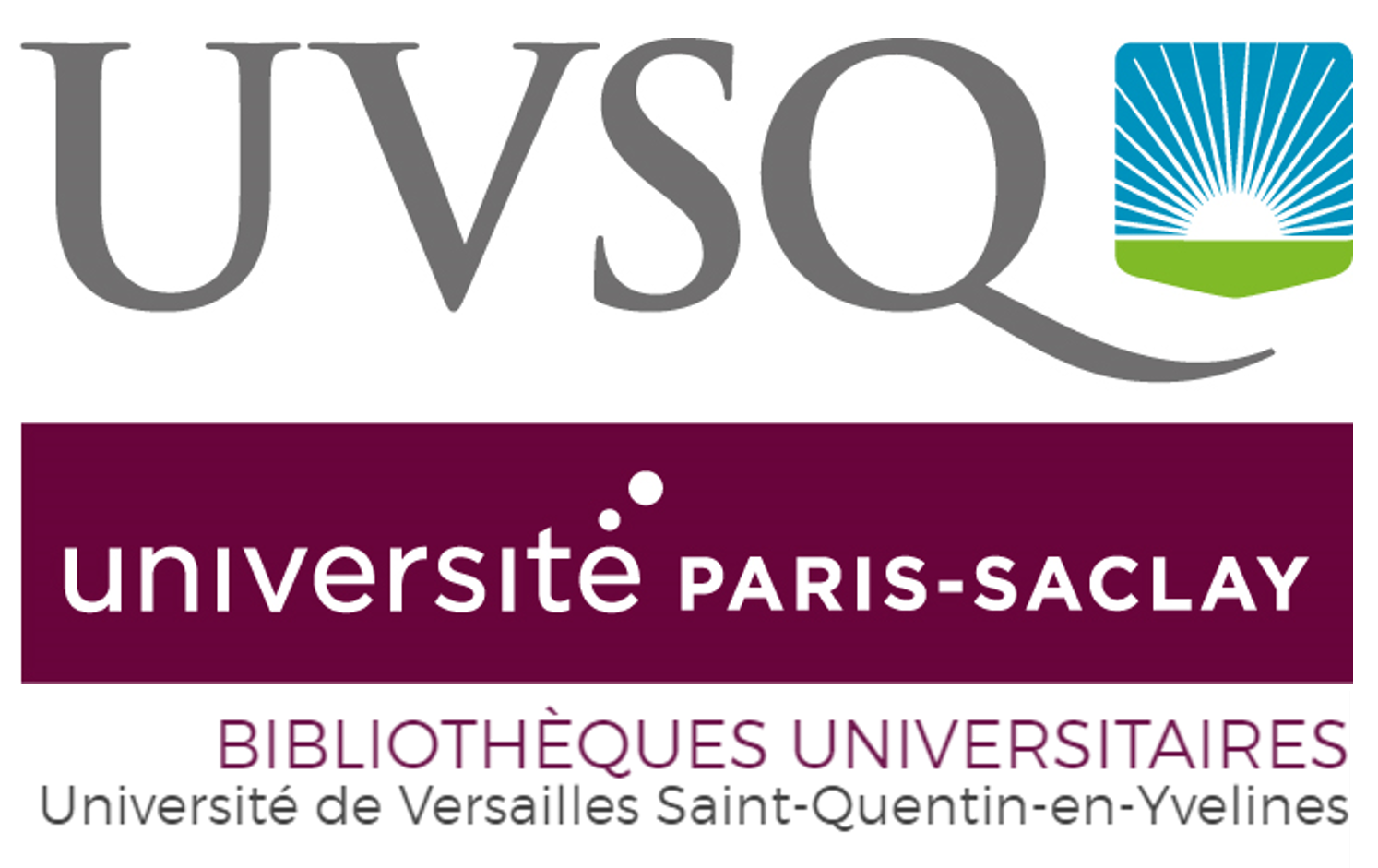SV 40 induced cellular immortalization: phenotypic changes associated with the loss of proliferative capacity in a conditionally immortalized cell line
Résumé
Immortalization of rodent embryo fibroblasts by SV 40 is dominantly maintained by the large T antigen. The aim of this work is to characterize some of the events associ ated with the Joss of proliferative capacity in a rat cell line, called REtsAF, which is conditionally immortalized by the tsA58 allele of SV 40 large T antigen. DNA repli cation is arrested Jess than 24 h after the shift to the restrictive temperature (39°C). This arrest occurs without specificity relative to the cell cycle stage, which suggests that a fonction essential throughout the cell cycle is affected. A two-dimensional SOS polyacrylamide gel electrophoresis analysis of proteins shows that, although the global rate of protein synthesis is only slightly affected at 39°C, the rate of accumulation of specific pro teins is either increased or decreased. Finally we present biochemical and electron microscopy data showing that alterations of the mitochondria occur upon shift to 39°C.

